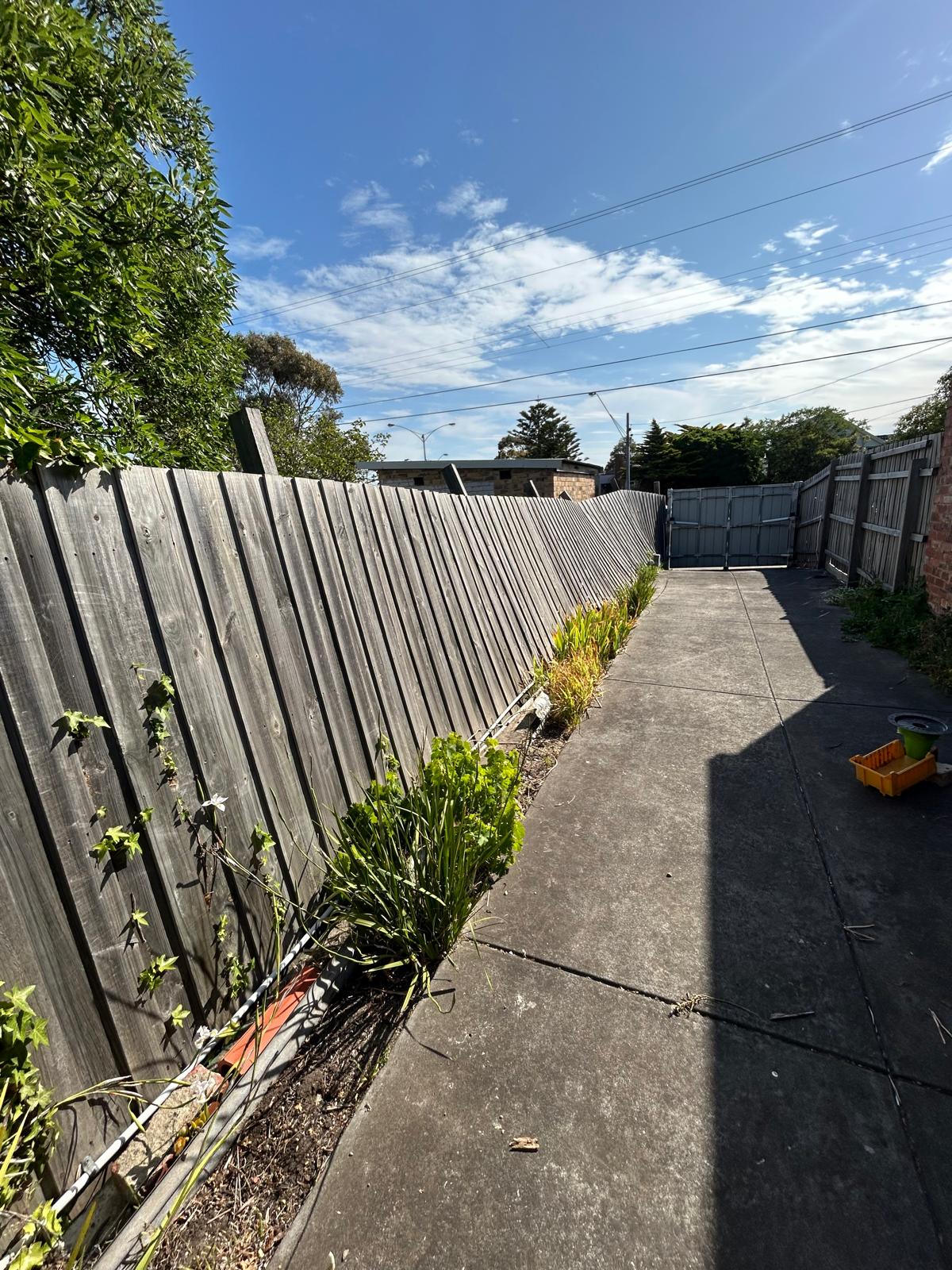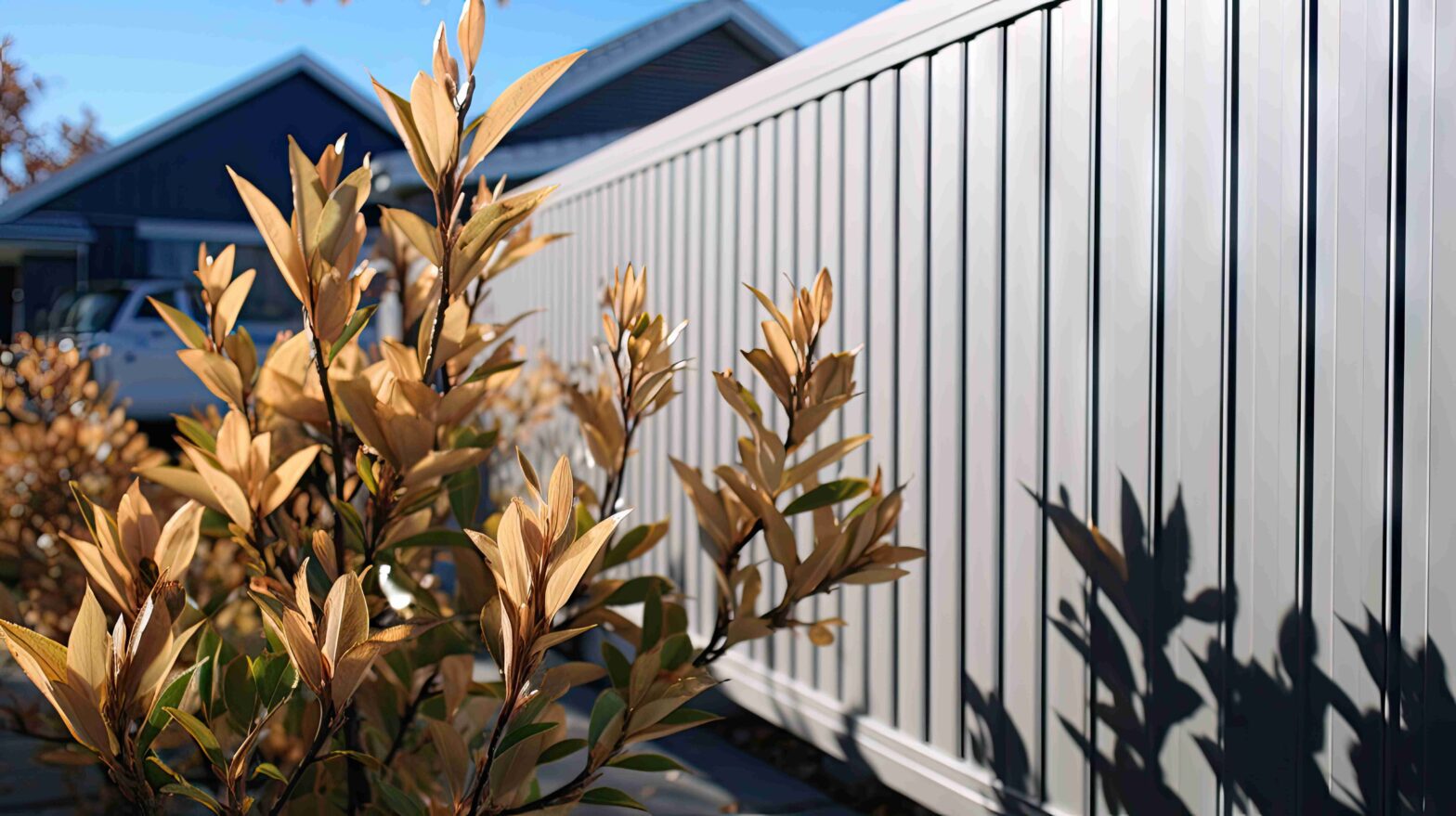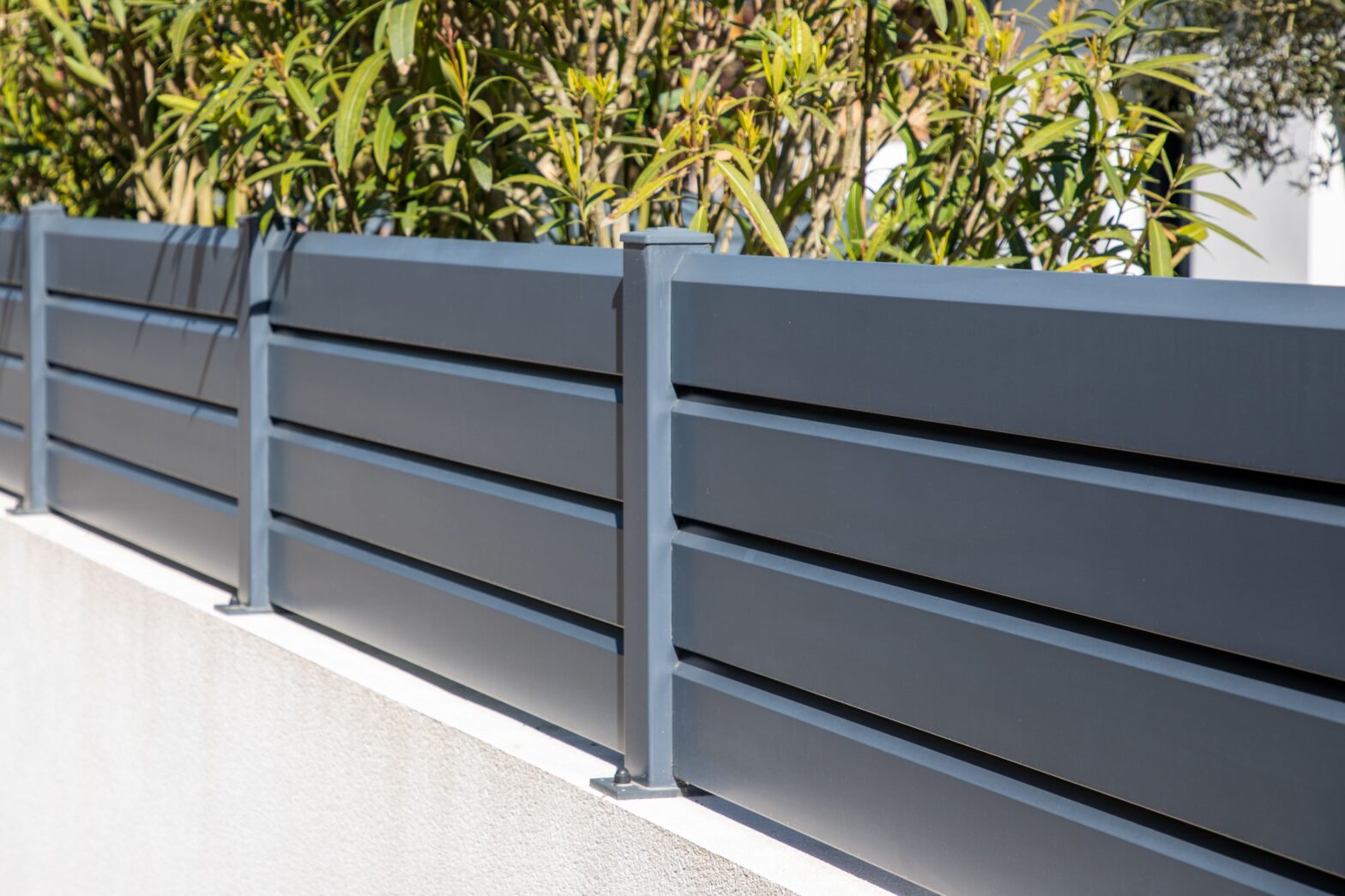Tips For Building A Boundary Fence

Building a boundary fence is about much more than marking the edges of your property—it’s about securing your home, ensuring privacy, and adding value. Over the years, I’ve seen many homeowners make choices that led to regrets. Let me share some hard-earned insights to help you make an informed decision and avoid costly mistakes when selecting a fencing contractor.
Why Cheap Can Be Costly
You might wonder why some contractors charge $70–$90 per meter while others, like us, charge around $120 per meter. The difference often comes down to the quality of materials, workmanship, and long-term durability. Simply put, you get what you pay for.
- Material Quality Matters: We use hardwood for the posts—it’s more expensive, but it offers superior durability compared to softwood. Hardwood stands up to the elements and ensures your fence stays upright for years, while softwood can rot, warp, or break down over time.
- Workmanship and Proper Time Investment: We don’t rush our jobs. It takes time to do things right. We allocate two days to properly install a fence—this includes setting posts in concrete and allowing it to cure fully. Many cut-rate contractors will do the entire job in a day, often using rapid-set concrete or no concrete at all. This compromise saves them time and money but leaves you with a fence that may not stay standing.
Rapid-Set Concrete: When It’s Okay and When It’s Not
Rapid-set concrete is a common shortcut used by some contractors to finish a job quickly. While rapid-set can be useful in certain situations, like smaller projects or temporary fencing, it’s not ideal for boundary fences that need to withstand the test of time. Rapid-set concrete doesn’t offer the same strength and stability as properly cured concrete, which is why we avoid using it for larger, permanent installations. A well-built boundary fence should be done right the first time, and that means allowing proper curing time to ensure the posts stay secure.
The Real Cost of Poor Labor
If you’re tempted to choose the lowest quote, it’s crucial to understand the risks. Saving money upfront can lead to significant expenses down the line.
- Instability and Early Failures: Poor materials and rushed labor often lead to fences that lean, warp, or collapse within months. I’ve seen countless examples of fences failing prematurely because the contractors didn’t use enough concrete or used low-quality posts. When this happens, you’re stuck footing the bill for repairs or, worse, an entire rebuild.
- Short-Term Gain, Long-Term Pain: A cheaply built fence might save you $30–$50 per meter now, but the costs add up when it needs constant repairs. Replacing broken posts, fixing unstable sections, or dealing with gates that rust and fall apart can easily double what you initially paid. Paying a little more upfront for quality materials and proper installation ensures you won’t face these issues down the line.
- Real-Life Examples: I have photos of poorly constructed fences—posts that were installed without concrete that started to lean, gates that rusted and fell off, and entire sections that collapsed within a year. These aren’t just cosmetic issues; they represent costly, frustrating mistakes that could have been avoided with a bit more investment in quality.
Key Questions to Ask Potential Contractors
- Are you using hardwood for the posts?
- Hardwood is essential for ensuring your fence stands the test of time. Red gum is by far the best hardwood for fencing.
- Will you take the time to let the concrete set properly?
- A proper installation takes at least two days. Concrete needs time to set to provide the stability your fence needs.
- What type of frame are you using for the gate?
- Cheap pedestrian frames rust quickly and fall apart. Make sure your contractor uses durable, rust-resistant materials for your gate.
- Do you offer a warranty on your work?
- A quality contractor should be willing to stand behind their work. At Grays Fences & Gates, we offer a 5-year warranty on our fences. This warranty covers our workmanship and ensures that if anything goes wrong due to the installation, we’ll make it right.
- Do you have Public Liability Insurance?
- Many people overlook this, as most installers lack proper insurance. If your installer doesn’t have Public Liability Insurance and someone gets injured, the responsibility could fall on you as the property owner. At Grays Fences & Gates, we have 20 million in Public Liability Insurance.
- How deep will the posts be set into the ground?
- The depth of the post is critical for the stability of the fence. For most fencing, posts should be set at least 600mm deep. Anything less can compromise the strength of the fence, especially in windy conditions.
- Do you provide a written agreement with terms and conditions?
- Having a clear, written agreement is essential. It should include the terms, conditions, and scope of the work. If a contractor doesn’t offer this, consider it a red flag—without an agreement, you have no way of knowing your rights or holding them accountable if something goes wrong.
- What are the payment options?
- Always pay with a credit or debit card. This way, if the installer doesn’t show up or stops midway through the job, you can initiate a chargeback to recover your money. Avoid paying via bank transfer, as it offers no such protection and could leave you without recourse.
Beware of Cut-Rate Contractors
There are plenty of contractors who offer lower prices by cutting corners. Here’s how they do it:
- Inferior Materials: Using softwood posts and minimal concrete might save money in the short term, but it compromises the longevity and safety of your fence.
- Rushed Jobs: A fence that’s installed in a day might seem convenient, but it’s a shortcut that will cost you later. Proper installation takes time, and rushed jobs rarely stand up to weather and wear.
Breaking Down the Costs
I believe in transparency, so here’s a breakdown of our pricing:
- Materials:
- Fencing material (wood or Colorbond): $60 per metre
- Concrete: Approximately 1 bags per post
- Labor:
- Skilled fencers earn $60 per hour
- Two fencers working over two days (total of 32 hours)
- Removal and Disposal:
- Removal of the old fence and tip fees: $300
For a 42-meter fence, the costs are:
- Fencing Material: 42 meters × $60 = $2,520
- Concrete: Estimated at $180
- Labor: 32 hours × $60 = $1,920
- Removal: $300
- Total Cost: $4,920
Our pricing is $135 per metre plus a $300 tip fee.
We provide a quote of $5,835, which still has to cover marketing, project managers, insurance
The Importance of Fair Wages
Paying fair wages is not just ethical—it’s a legal requirement. According to the Building and Construction General On-site Award [MA000020], workers in this industry should be compensated fairly. At Grays Fences & Gates, we pay our workers a living wage, ensuring they take pride in their work. By adhering to these standards, we attract skilled professionals who care about the quality of their craftsmanship, which means you receive the best possible service.
Conclusion
Choosing the right fencing contractor is about more than just getting the lowest price. It’s about making a smart investment in your property. By asking the right questions and understanding what’s involved in building a quality fence, you can avoid the headaches and costs that come with poor craftsmanship. Remember, saving a few dollars now by choosing a cheap contractor can lead to much bigger expenses down the road.
If you have any questions or would like a detailed quote, feel free to reach out. I’m here to help you make the best choice for your fencing needs.
Keep up with the latest from Grays Fences & Gates
Subscribe to our blog and get latest news, inspiration, and resources delivered directly to your inbox.


